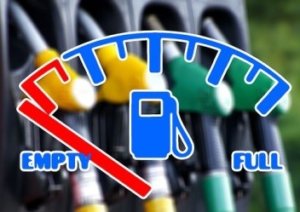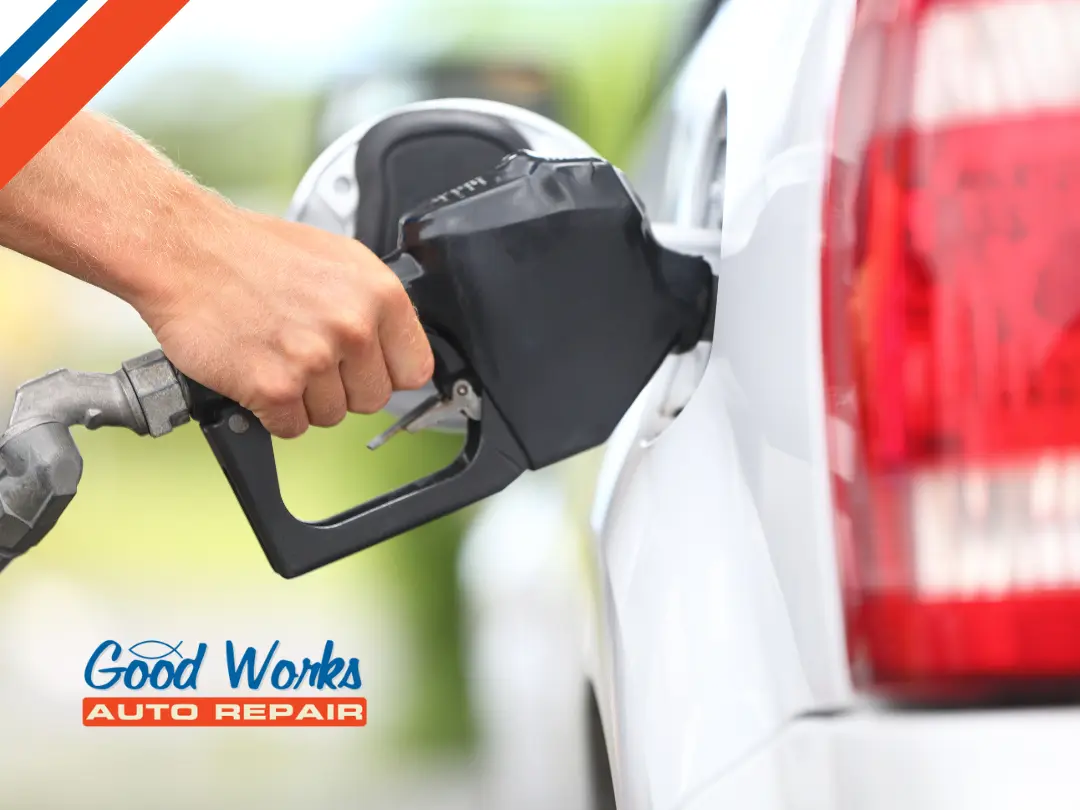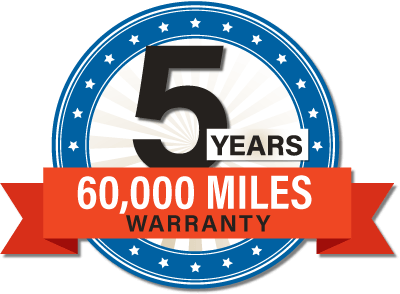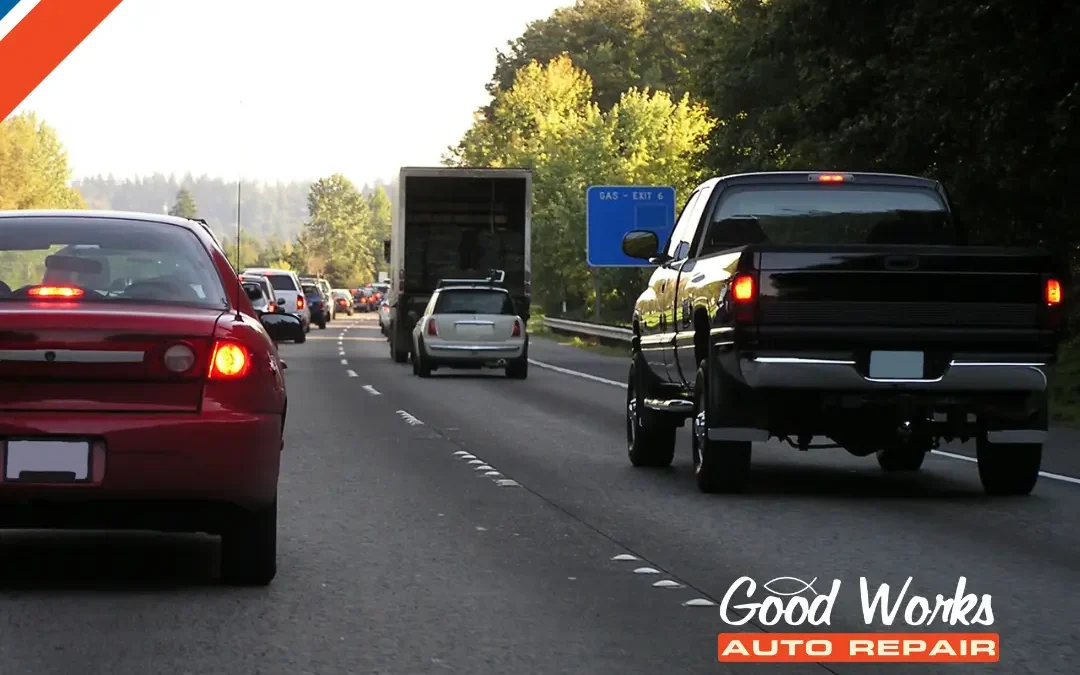 Do you feel like your vehicle gets horrible gas mileage and you’re constantly taking it to the gas station to fill up? If so, you might just be driving a gas guzzler or an older vehicle that wasn’t made according to today’s fuel efficiency standards. More likely than not, however, your vehicle is due for some extra TLC.
Do you feel like your vehicle gets horrible gas mileage and you’re constantly taking it to the gas station to fill up? If so, you might just be driving a gas guzzler or an older vehicle that wasn’t made according to today’s fuel efficiency standards. More likely than not, however, your vehicle is due for some extra TLC.
Gas prices tend to vary widely across the country, and often change due to environmental or political factors. When the cost to fill the tank decreases, motorists rejoice and breathe a sigh of relief. In contrast, when gas prices spike, frustration sets in as filling up the tank costs so much more and affects the monthly budget. So, what’s a car owner to do?
How to improve gas mileage
The good news is, there are ways to improve fuel economy in most vehicles, leaving you with more money in your pocket and increasing the time between fill-ups. The Car Care Council recommends these 5 steps:
1.) Drive on properly inflated tires.
Tires that are over or under-inflated can affect gas mileage. Motorists can enjoy increased fuel efficiency of up to 3.3 percent, simply by maintaining proper tire pressure.
2.) Use the motor oil type recommended by the vehicle’s manufacturer.
This one may seem like a no-brainer, but sometimes people try to skimp on oil costs by using a cheaper grade. Instead, using the motor oil listed in your owner’s manual will help you enjoy a 1-2 percent improvement in gas mileage.
3.) Maintain clean air filters.
It’s easy for your vehicle’s filters to become clogged over time, leading to decreased fuel economy and overall performance. In humans, this is equivalent to being able to breathe well – when something is blocking the airway, it requires more effort to do even the simplest tasks. In cars, having clogged air filters can have similar effects. Simply replace them when needed and your vehicle may exhibit faster acceleration and improved gas mileage.
4.) Keep your engine happy.
A well-maintained engine improves fuel efficiency by up to 4 percent. If you’re not sure how to keep it running efficiently, simply schedule an appointment at your trusted local repair shop for a tune-up.
5.) Perform necessary repairs sooner than later.
If poorly functioning parts, such as a faulty oxygen sensor, are causing your vehicle to not perform well, get them repaired or replaced as soon as possible. Depending on the part or system needing repair, fuel efficiency could be seriously affected. (By the way, a faulty oxygen sensor can affect gas mileage by up to 40 percent!)
Preventative maintenance is important
The best way to get and maintain optimal fuel efficiency is to be proactive in terms of vehicle maintenance. If you’re not sure what the preventative maintenance schedule is for your own vehicle, give us a call and we’ll be happy to help you figure that out. Periodic inspections and repairs will keep your vehicle functioning in tip-top shape and save you money along the way.






